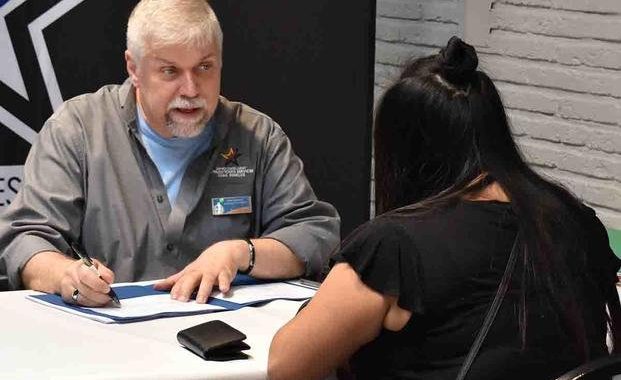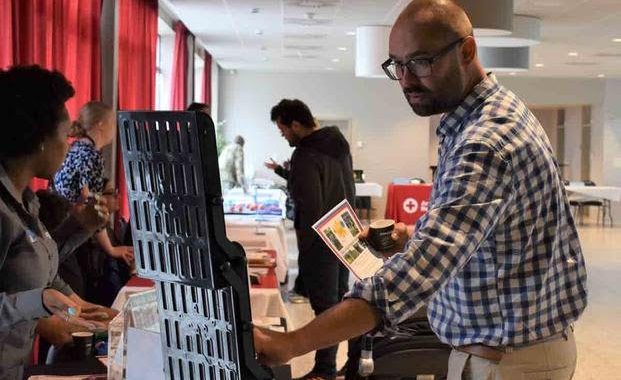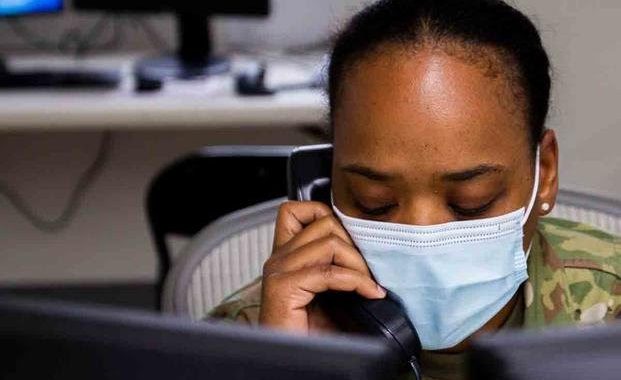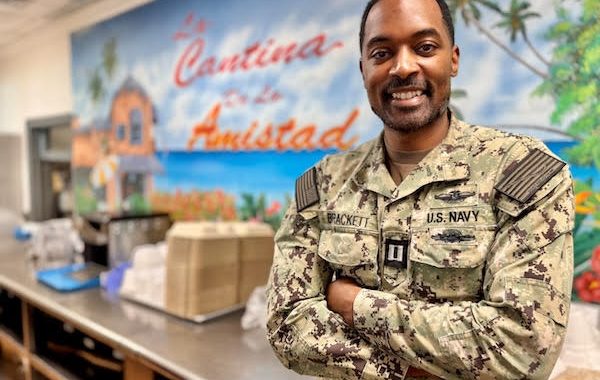Operation Educate The Educators’ Gets It Right
3 min read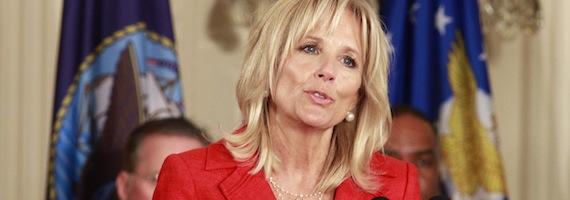
This is what I expect from the White House—a national program that helps military families at a comprehensive level.
Dr. Jill Biden appeared at George Mason University Wednesday to announce that Joining Forces’ ‘Operation Educate the Educators’ reached their goal. Over 100 colleges and universities have committed to including modules about the needs of military children in their coursework for future teachers.
This makes total sense to me. Since almost every school district in the country has at least one military child, that seed of possibility needs to be planted in future teachers during their college years.
Teachers need to expect military kids to appear in their classrooms. Teachers need to know about the resources available to them to help navigate military culture before a kid in their class is crying during the Star Spangled Banner.
Military kids already know this is true. At the Operation Educate the Educators event, I talked to Abigail Bergmann, age 8, and her brother, Samuel, also age 8. These two Army kids had already been homeschooled, attended local schools in Italy and now attended public school in Fairfax County, VA. They agreed that teachers really did need to learn about military kids. “If they aren’t educated,” Abigail asked. “How can they teach us what to do?”
Their mom Daniela Bergmann was an Army brat herself. “They have an entirely different life than I did,” said Daniela. She remembered how her life as a military brat after Vietnam included more time living at overseas bases and less time moving around. “We anticipate three moves in the next five years.”
Those PCS moves alone mean that Abigail and Samuel and so many military kids just like them will face different academic standards—especially in math. They will have to find new friends and learn a new set of social rules. They will have to suffer the slings and arrows and unbending rules of every school secretary and administrator they encounter.
A national effort to educate the people who deal directly with our kids is key—the kind of thing the folks at the Military Child Education Coalition have been fighting to get for years (Yay MCEC!).
Daniela Bergmann acknowledges that the effort doesn’t belong solely to the school administration. “What is key for military families is for parents to have great relationships with the schools,” said Daniela. “I can’t expect the school to anticipate my needs. It is important for me to tell them how they can help.”
Through the Joining Forces program, school systems are already looking for ways to help military kids. Dr. Biden noted transition rooms in San Diego. Writing and art therapy offered to National Guard students in Illinois. Tech savyy teachers in Georgia doing parent/teacher conferences with deployed service members via Skype.
“I’m always inspired by the strength and resilience of military families,” said Dr. Biden. “When I ask about priorities almost everyone mentions education.”
Education has been a top priority for military families for generations. We have great hopes for future teachers of military children. As Abigail Bergmann reminded me today, “Military kids support America.”


